I'm building my first FB Messenger chat bot using Wit as the NLP engine. All my services are connected and seem to be working on the surface, but when I look at my Heroku logs it seems that my bot's responses are being sent back to Wit to be parsed as well as user inputted messages. This is obviously causing issues further through my conversation flow when it comes time to trigger actions.
How do I make it so that my bot only parses user input, then responds appropriately according to my story in Wit?
Messenger window:
Relevant part of my Wit conversation flow:
My logs:
As far as I can tell, this is the important code:
var actions = {
say (sessionId, context, message, cb) {
// Bot testing mode, run cb() and return
if (require.main === module) {
cb()
return
}
console.log('WIT HAS A CONTEXT:', context)
if (checkURL(message)) {
FB.newMessage(context._fbid_, message, true)
} else {
FB.newMessage(context._fbid_, message)
}
cb()
},
...
}
///
var read = function (sender, message, reply) {
console.log('READING LOG AAAAAAAAAAAAAAAAAAAAAA')
var sessionId = findOrCreateSession(sender)
console.log('READING LOG BBBBBBBBBBBBBBBBBBBBBB')
console.log(message)
// Let's forward the message to the Wit.ai bot engine
// This will run all actions until there are no more actions left to do
wit.runActions(
sessionId, // the user's current session by id
message, // the user's message
sessions[sessionId].context, // the user's session state
function (error, context) { // callback
console.log('READING LOG CCCCCCCCCCCCCC')
if (error) {
console.log('oops!', error)
} else {
// Wit.ai ran all the actions
// Now it needs more messages
console.log('READING LOG DDDDDDDDDDDDDDDD')
console.log('Waiting for further messages')
// Updating the user's current session state
sessions[sessionId].context = context
console.log('READING LOG EEEEEEEEEEEEEEEE')
}
})
}
///
app.post('/webhooks', function (req, res) {
var entry = FB.getMessageEntry(req.body)
// IS THE ENTRY A VALID MESSAGE?
if (entry && entry.message) {
if (entry.message.attachments) {
// NOT SMART ENOUGH FOR ATTACHMENTS YET
FB.newMessage(entry.sender.id, "That's interesting!")
} else {
// SEND TO BOT FOR PROCESSING
console.log('SENDING TO BOT FOR PROCESSING XXXXX')
Bot.read(entry.sender.id, entry.message.text, function (sender, reply) {
FB.newMessage(sender, reply)
return
})
console.log('SENDING TO BOT FOR PROCESSING YYYYY')
}
}
res.sendStatus(200)
})




